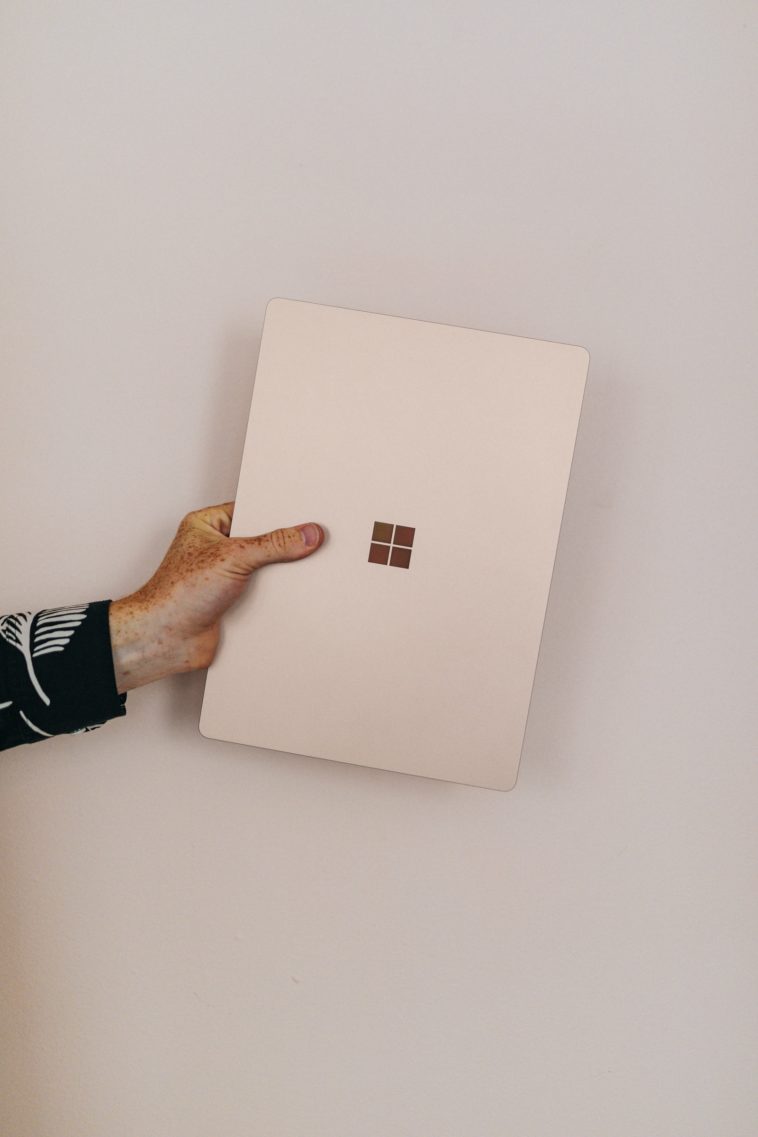Microsoft Corporation: A Titan in Technology
Key Takeaways:
- Microsoft, founded in 1975 by Bill Gates and Paul Allen, has evolved from a software company to a dominant force in cloud computing and gaming.
- It leads in creating innovative products like Windows OS, Microsoft 365, and Xbox.
- Recent years have seen significant acquisitions including LinkedIn, Skype, and Activision Blizzard, enhancing its market reach.
- Microsoft's shift under CEO Satya Nadella towards cloud services has propelled its stock to historic highs.
- The company has faced legal challenges and criticism over monopolistic practices and security issues.
Oh, the journey of Microsoft! It feels just like yesterday when Bill Gates and Paul Allen had that lightbulb moment, kickstarting what would become a global powerhouse in Albuquerque back in 1975. From the quaint beginnings with BASIC interpreters for the Altair 8800, to dominating the personal computing landscape with Windows and Office Suite, Microsoft's story is nothing short of cinematic.
In the corridors of its sprawling Redmond campus, you can almost hear the echoes of the past—those heady days of the mid-80s when Microsoft went public, turning its employees into millionaires overnight. That IPO was a game-changer, marking Microsoft as a titan in tech.
Fast forward to the 90s, a pivotal era under Gates’ leadership, Microsoft's influence burgeoned beyond just software. Enter Windows 95, a revolutionary OS that became a household name, and then there's the unforgettable sound of dial-up Internet as MSN took on the World Wide Web. These were days of rapid expansion and bold moves, like jumping into the gaming world with the Xbox, which would redefine entertainment in living rooms worldwide.
The 2000s brought its own set of challenges and transformations. Steve Ballmer’s tenure saw diversification, but also legal battles over monopolistic practices that stained Microsoft's reputation. However, redemption wasn't far behind with Satya Nadella taking the helm in 2014, steering Microsoft towards cloud computing and less on hardware—a pivot that saw its stock prices soar to heights not seen since the dot-com bubble.
Nadella’s vision of a cloud-centric Microsoft wasn’t just about regaining market dominance but was a strategic play in the burgeoning field of AI and big data. The acquisition of LinkedIn in 2016 and GitHub in 2018 were not just expansions but strategic additions to Microsoft's ever-growing arsenal, bolstering its capabilities in social networking and software development.
But it’s not all silicon and software. Microsoft’s journey is also speckled with its fair share of controversies—from antitrust lawsuits to criticisms over security vulnerabilities. Yet, despite the challenges, Microsoft's commitment to innovation remains unwavering. Just look at their bold forays into mixed reality with HoloLens and the cloud gaming sphere with Xbox Game Pass, reshaping how we think about gaming and digital interaction.
Microsoft today stands as a beacon of how adaptability and forward-thinking can pave the way for enduring success. As it continues to trade blows with Apple for the title of the most valuable publicly traded company, one can’t help but admire its resilience and relentless drive towards the future.
For anyone tracing the arcs of major tech companies, Microsoft's saga offers not just a study of a business empire, but a testament to the enduring human spirit of innovation and ambition. And as we chat about this giant, we're reminded of how much technology shapes our lives, in ways big and small, every single day.
FAQs
1. When was Microsoft founded and by whom?
- Microsoft was founded on April 4, 1975, by Bill Gates and Paul Allen.
2. What are some of Microsoft's most influential products?
- Microsoft's most well-known products include the Windows operating systems, Microsoft Office Suite, and Xbox gaming consoles.
3. How has Microsoft expanded its business in recent years?
- In recent years, Microsoft has expanded its business by acquiring significant companies like LinkedIn and GitHub, and by intensifying its focus on cloud computing and AI technologies.
4. What legal challenges has Microsoft faced?
- Microsoft has faced several legal challenges, primarily concerning monopolistic practices, including antitrust lawsuits by the US government and the European Union.
5. How has Microsoft's leadership changed over the years?
- Microsoft's leadership has transitioned from Bill Gates to Steve Ballmer, and currently, Satya Nadella serves as the CEO, focusing more on cloud computing and technology solutions.





